Search
Remove Ads
Advertisement
Summary 
Loading AI-generated summary based on World History Encyclopedia articles ...
Search Results
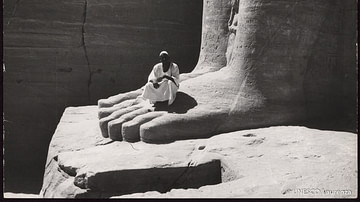
Collection
UNESCO's Nubia & Abu Simbel Campaign
This collection is really dear to us as it is the fruit of our new collaboration and partnership with the UNESCO Archives. They have digitized a vast amount of resources that can be found on their platform and you can read all about their...
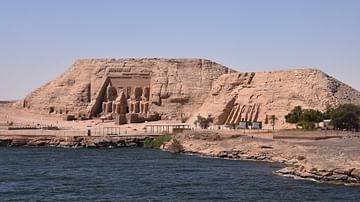
Article
Sailing on Lake Nasser towards Abu Simbel
In ancient times, the First Cataract at Aswan marked the southern frontier of Egypt. Beyond lay the land of Nubia, which stretched along the river Nile from the First Cataract southwards for about 250 kilometres (155 mi). This region, known...
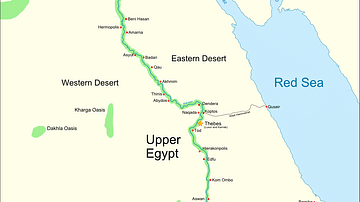
Definition
Dodekaschoinos
The Dodekaschoinos (literally "Twelve Cities" in Greek) was the name of a region in Lower Nubia that became an important province of the Ptolemaic Kingdom after it was annexed from Meroitic Nubia by the Egyptian kingdom. The area fell under...
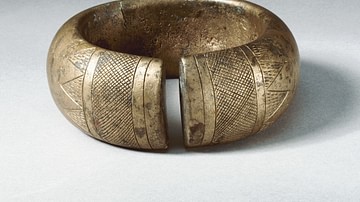
Image Gallery
Relics from the Kingdom of Kush & Ancient Nubia
Kush was a kingdom in North Africa in the region corresponding to modern-day Sudan. The larger region around Kush (later referred to as Nubia) had been inhabited since c. 8,000 BCE, but the Kingdom of Kush rose much later, flourishing between...
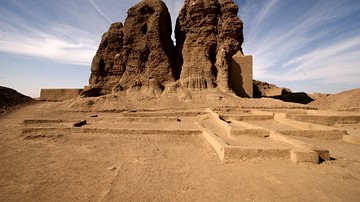
Article
Interrelations of Kerma and Pharaonic Egypt
The vacillating nature of Ancient Egypt's associations with the Kingdom of Kerma may be described as one of expansion and contraction; a virtual tug-of-war between rival cultures. Structural changes in Egypt's administration led to alternating...
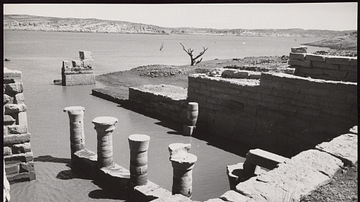
Image
Greco-Roman Temple in Nubia
Greco-Roman Temple, the largest in Nubia after the temples at Abu Simbel, constructed at the time of Augustus upon another building from the 15th century BCE.
Kalabsha, Nubia, Egypt - October 1959
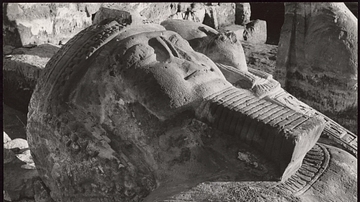
Image
Head of a Colossus, Wadi es Sebui, Nubia
Wadi es Sebui (94 miles north of Aswan, left bank). Temple of Amon Ra and Ra Horakhti built during the reign of Rameses II (1290-1223 BCE). The fallen head of a colossus lies before the pylon of the temple. The statues, sphinxes and reliefs...
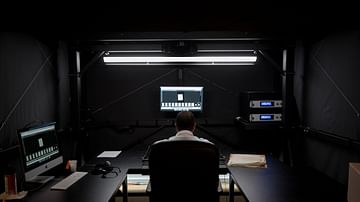
Interview
Interview: UNESCO Archives Digitization Project
Ancient History Encyclopedia has partnered with the UNESCO Archives, which we are very excited about. Our mission aligns very much with UNESCO, wanting to bring about peace and international understanding to the world through cultural heritage...
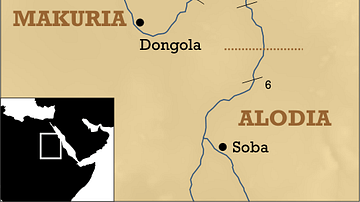
Image
Southern Egypt/Nubia Map
A map indicating the location of the city of Faras, founded in 2040-1750 BCE and later a capital of Christian Nubia.
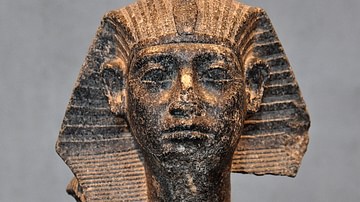
Definition
Senusret III
Senusret III (c. 1878-1860 BCE, also known as Senwosret III, Sesostris III) was the 5th king of the 12th Dynasty of the Middle Kingdom of Egypt (2040-1782 BCE). His reign is often considered the height of the Middle Kingdom which was the...